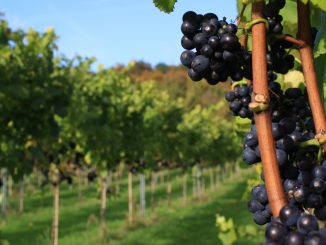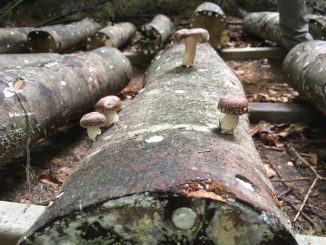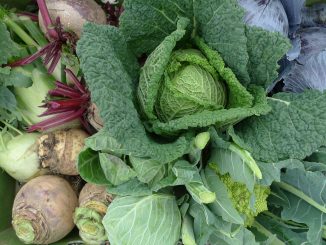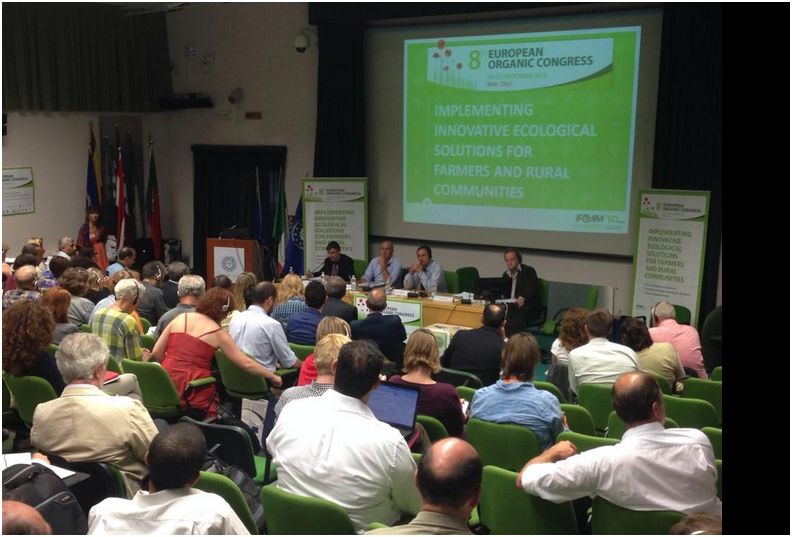
When asked about CAP mid term review and general agri-food policy, here’s an abridged version of what Arc2020’s Oliver Moore pointed to at the 8th European Organic Congress, held in Bari, Italy, last week.
1: Let’s not allow the conflation of organic with other supposedly green food initiatives to the detriment of genuine agri-food sustainability.
Rationale: certified organic can be seen as a gold standard of verifiable, provable environmentally sound farming and food. Its inputs, process and practices have all been tried and tested over the years. There is a risk that, by using vague, generic or weak conditions, something that could be called agroecological, or green, or sustainable, or some other category, could take the place of organic in initiatives such as green public procurement. In Ireland, for example, Bord Bia Quality Assured may in the end be supposedly good enough to fulfil the criteria of green public procurement.
It is possible to do agroecology in a strong way, in a way that is even more socio-environmentally sustainable than certified organic can sometimes be: a ‘strong agroecology’ narrative can helps transform food and farming systems, by exploring and implementing new practices, new frameworks and new pathways, in all aspects of the food system. In reality when it comes to initiatives like green public procurement, the state will opt for the path of least resistance, as we have seen time and time again. So let’s encourage the ring fencing of a specific % of certified organic within initiatives like green public procurement.
2: The sufficiency paradigm must be mainstreamed.
Rationale: Resources are finite and are at or exceeding their limits in many cases – nitrogen cycle, biodiversity loss, climate change and more
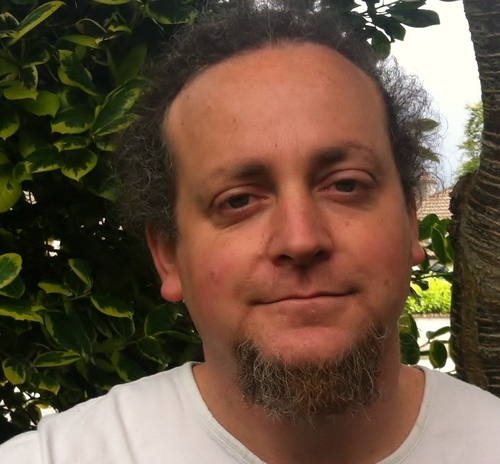
serious issues all attest to this. Meanwhile there are real societal needs related from equity to gender to waste. Unbridled growth is no longer an option.
The sufficiency paradigm, stemming from the third SCAR report, makes the case for this: “to stay within the capacity of system Earth, demand increases need to be mitigated through behavioural change and structural changes in food systems and supply chains. Moreover, environmental externalities need to be internalised in markets through appropriate governance structures that also address the disruptive effect of unregulated trade.”
And this sufficiency paradigm in turn helped lead towards the farmer-led European Innovation Partnership (EIP). But why just EIP? This needs to be the mainframe of farming food and policy for the EU.
3: Coherence is needed in all agri-food related policies.
Rationale: According to Reuters: “The EU produces around 280,000 tonnes of raw tobacco each year, equivalent to about 4 percent of global output. Italy is the bloc’s biggest producer, followed by Bulgaria, Poland and Spain.
The bloc is also currently debating new legal proposals for tougher controls on the sale of tobacco products.”
How is it coherent for farmers in Italy Bulgaria, Poland and Spain to be paid for growing tobacco when all EU health policy is aimed at reducing tobacco consumption? This simply gives a weapon to Euroskeptics.
Farming, environment and health need to make one holistic packing, informed all the time by a desire to create the harmonious functioning of society in general, from living working countrysides to well fed cities.
Part of this process is the end of the what is oft called silo thinking: Both Arie Van Der Brand and Chris Stopes have both mentioned slio thinking at EOC, others may have too. Production, distribution and consumption; farming, science and activism, even micro branches of science can all operate in and as silos. EIP is part of the end of silo thinking – it is a partnership between farmers and researchers, and is led by farmers. Likewise, agroecology automatically, by its name and meaning, is a way to pull two areas – at least – together .It has the potential, if applied strongly, to pull all of these areas just outlined together.
4: Better synergies with LEADER and other similar initiatives.
Rationale: EIP does great work but with a small budget. LEADER, by contrast, has a better budget and is malleable based on rural needs, due to its bottom up functionality.
LEADER is under pressure in places like Ireland precisely because it is successful and community-orientated, and this does not auger well for the state of LEADER under the new AG Commissioner Phil Hogan. Nevertheless it is there and the organic and strong agroecological communities need to work with it. A great example emerged from the EOC of the Italian Local Action Group Terre di Murgia. (home page in Italian here) This needs to be more of what happens everywhere.
More from Oliver Moore
- Who is Phil Hogan?
- Ireland Improves Payments & Options for Organic Farmers
- CAP Greening: Ireland opts for path of least resistance
- European Organic Congress case profile: Terre de Liens
- EFSA slammed by Pesticide Action Network over its methods
- Antimicrobial resistance soaring
- Part 3: what did you think? Reader’s replies on livestock reduction
- Part 2: Westhoek & Sutton on Less Livestock in Europe
- Part 1: how to cut EU agri-food Greenhouse Gas Emissions by 40%
- What might TTIP mean for organic farming and food?
- EU Commission scope finds merit in “alternative production”
- Requiem for a Green Dream
- Capping dissent in Ireland?
- Agri-Food hit hard by Climate Change: IPCC
- Small Farmers Rage at CAP Sell-Out in Ireland




